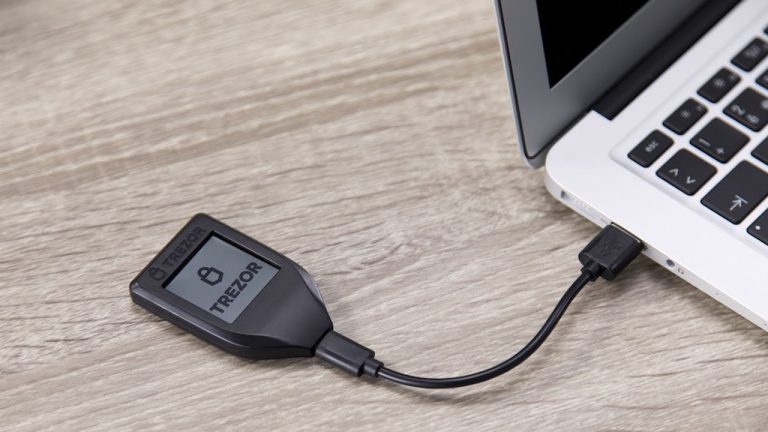
Trezor, the manufacturer of crypto hardware wallets, has announced that it will take control of its wallet chip production process by producing its own silicon chips. The company states that the newly designed “chip wrapper” will enhance device security and considerably shorten lead times for mass production.
Trezor ‘Unpacks Process’ and Produces Its Own Silicon Chip
On Feb. 27, 2023, the Prague-based cryptocurrency hardware wallet company Trezor announced that it is now responsible for its own silicon chip-making process. According to Trezor CFO Štěpán Uherik, the new “chip wrapper” enables the company to have more design freedom for future products. Last year, Trezor’s parent company Satoshi Labs revealed its support for a startup called Tropic Square to produce an open-source silicon chip called “TROPIC01” for use in crypto hardware wallets.
The new chip-making process enhances security significantly by eliminating third-party chipmakers and associated vulnerabilities. Trezor also noted that it will significantly reduce lead times by bypassing supply chain issues. In a press release sent to Bitcoin.com News, Uherik further explained that the company is collaborating with Stmicroelectronics, a manufacturer of microcontrollers and semiconductor technologies.
“By unpacking the process, identifying areas where we could take control, and collaborating with our partner [Stmicroelectronics] in new ways,” Uherik said in a statement, “we’ve managed to make the manufacturing as agile as it can be. This means we can respond quickly as the cryptocurrency market shows signs of recovery. It also adds more design freedom for future products, helping us to sustain our leadership in the increasingly competitive hardware wallet space,” the Trezor CFO added.
Hardware wallets have experienced substantial demand since the collapse of FTX, as crypto enthusiasts have transferred billions of dollars worth of crypto assets from centralized trading platforms. In addition, several companies have unveiled new hardware wallet models, such as the Ledger Stax, a device developed by Tony Fadell, the creator of the iPod. Furthermore, the decentralized exchange aggregation service 1inch Network has launched a hardware wallet, and Coinkite has introduced a new product called the Coldcard Q1.
The new chips developed by Trezor will be utilized in the Trezor Model T hardware wallet. Trezor first announced its Tropic Square project and its intention to take over chip production on May 11, 2020. The Covid-19 pandemic caused supply chain disruptions, especially in the silicon chip sector. “The demand for hardware wallets and the supply chain disruptions in the silicon industry that we have experienced in recent years have been issues we needed to address,” Uherik stated in the announcement on Monday.
What are your thoughts on Trezor’s decision to produce its own silicon chips for its hardware wallets? Do you think this move will improve device security and lead times for mass production? Let us know in the comments section below.
from Bitcoin News https://ift.tt/p86ZTBU
Comments
Post a Comment